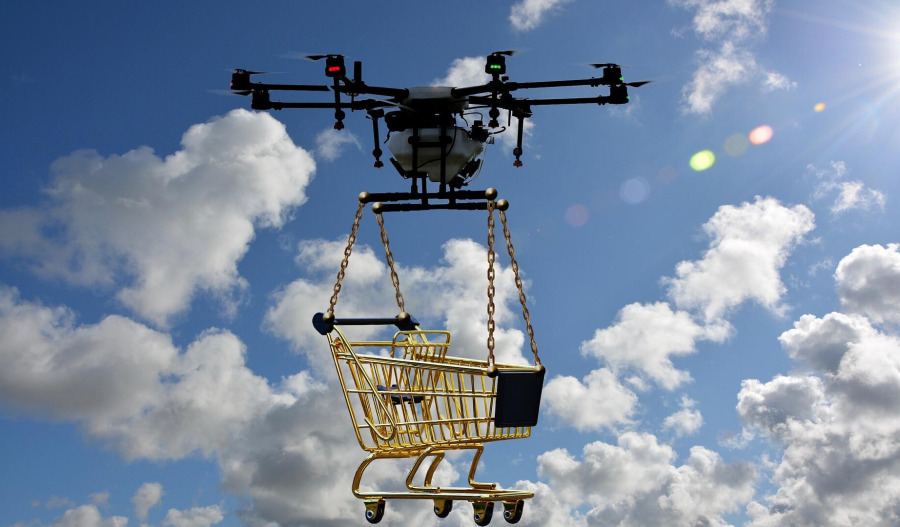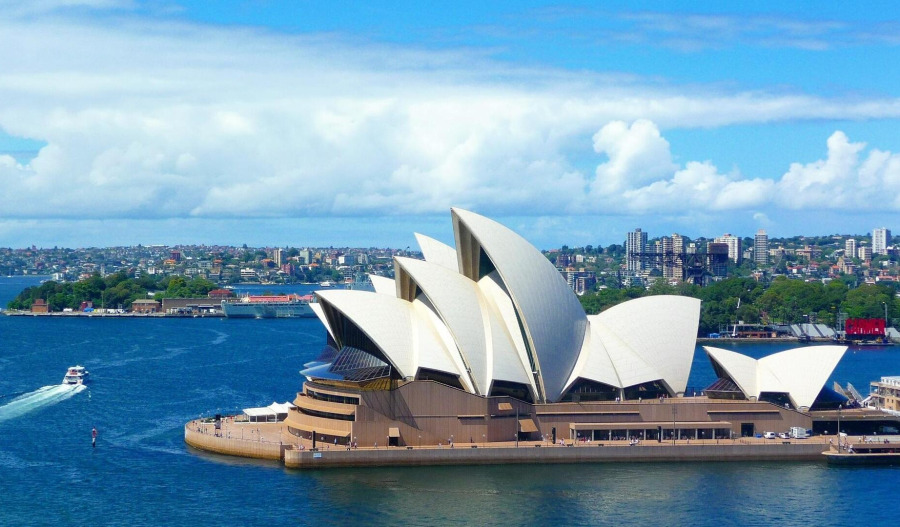Asian-Pacific markets were broadly higher on Thursday as investors retraced some of the previous session’s losses amid positive global cues overnight.
By 11:45 am AEDT (12:45 am GMT), Australia’s S&P/ASX 200 rose 0.4%, Japan’s Nikkei 225 gained 1.4%, and South Korea’s Kospi 200 added 1%.
Despite the rebound, all three benchmarks remain lower for the week so far, down 0.5%, 3%, and 1.5%, respectively.
Fresh Australian Bureau of Statistics data showed the seasonally adjusted goods balance rose A$2.83 billion in September. Exports increased $3.26 billion, or 7.9%, largely driven by non-monetary gold, while imports grew by $429 million, or 1.1%, led by capital goods.
South Korea reported a September current account surplus of US$13.47 billion. The goods account surplus of $14.24 billion reflected exports rising 9.6% to $67.27 billion and imports increasing 4.5% to $53.02 billion year-on-year.
Overnight in the U.S., major indices rebounded with the Dow Jones Industrial Average up 0.5%, the S&P 500 up 0.4%, and the Nasdaq Composite adding 0.7%.
Sentiment was boosted overnight as artificial intelligence stocks rebounded from valuation concerns, while the Supreme Court’s scepticism about President Donald Trump’s tariffs raised hopes that some tariffs may be rolled back.
In commodities, Brent crude fell 1.4% to US$63.52 per barrel, marking a two-week low, while spot gold rose 1.2% to $3,980.12 per ounce.
In China, the Shanghai Composite added 0.2% to 3,969.2, and the CSI 300 gained 0.2% to 4,627.3.
Hong Kong’s Hang Seng Index slipped 0.1% to 25,935.4, while India’s BSE Sensex remained closed for a public holiday.
European markets also closed higher on Wednesday, with the FTSE 100 reaching a record high of 9,777.1, up 0.6%. Germany’s DAX added 0.4% to 24,049.7, and France’s CAC 40 ticked up 0.1% to 8,074.2.



